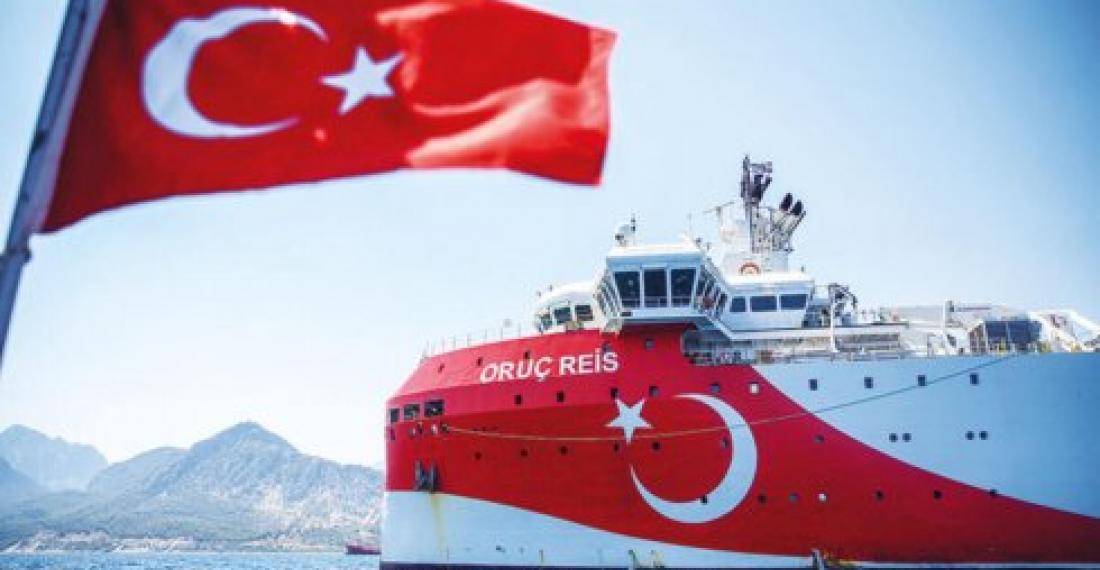There is increased tension in the Eastern Mediterranean region following Turkey's announcement that a Turkish ship Oruç Reis will carry out a seismic survey in the area over the next two weeks. The announcement issued by the Turkish Navy over the weekend is causing great concern in Greece, as well as in EU circles.
Seismic surveys are part of preparatory work for potential hydrocarbon exploration. Turkey is currently locked in a dispute with neighbouring countries over maritime boundaries.
In a terse statement issued in Brussels on Sunday evening (9 August) EU Foreign policy chief, Josep Borrell said" Latest naval mobilisations in Eastern Mediterranean are extremely worrying. They will not contribute to finding any solutions. On the contrary, they will lead to a greater antagonism and distrust."
Borrell added:
"Maritime boundaries must be defined through dialogue and negotiations, not through unilateral actions and mobilisation of naval forces. Disputes must be solved in accordance with international law. The European Union is committed to help solving such disputes and disagreements in this area of vital security interest. As the High Representative for EU's Common Foreign and Security Policy, I will deploy all efforts necessary to re-establish such a dialogue and to facilitate re-engagement. The present course of action will not serve the interests neither of the European Union, nor of Turkey. We have to work together for the security in the Mediterranean."
source: commonspace.eu
photo: The Turkish seismic survey ship the Oruc Reis (archive picture)






